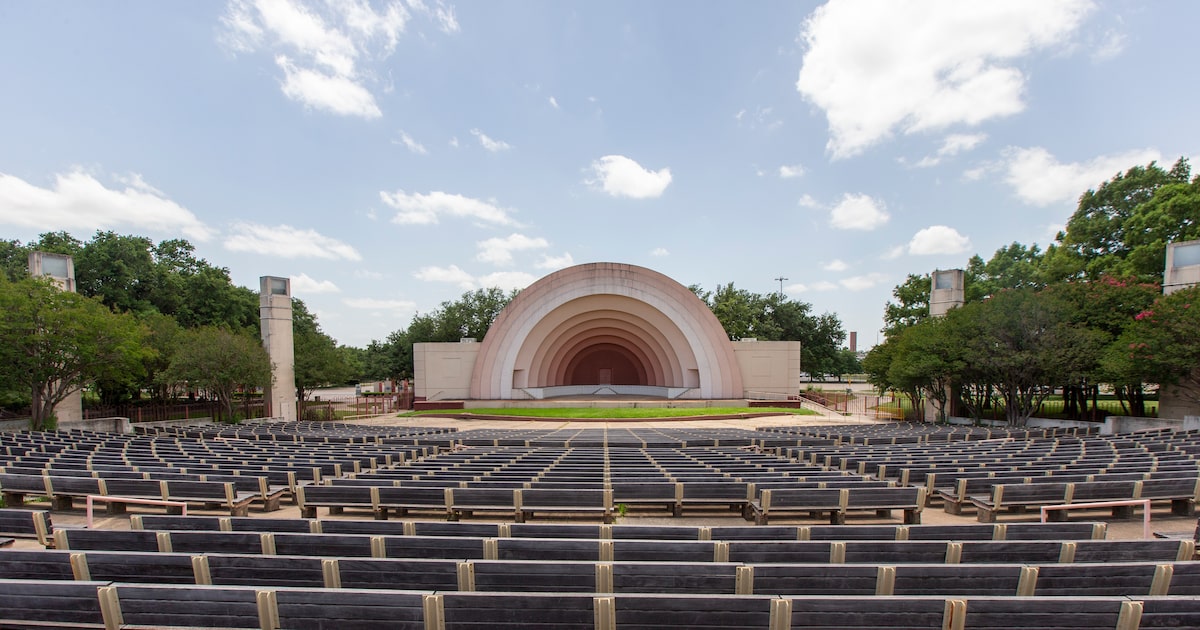Former Mayor Mike Rawlings’ recent commentary about the challenges facing nonprofits like Fair Park First leaves out a critical truth: The very framework that has limited Fair Park First’s ability to succeed was created on his watch.
Before Fair Park First even existed, the city of Dallas had already selected the for-profit operator, Spectra (later sold to the Oak View Group), through a bid process and agreed to key deal terms. The nonprofit had no meaningful input in the process or independent legal representation. That framework locked Fair Park First into an unusual and deeply flawed structure. I was on the park board then but unfortunately, when the contract was drawn up between FPF and Spectra, the park board and staff were kept out of the process.
Unlike other nonprofit partnerships with the city, which involve direct agreements, Fair Park First, the purported “overseer,” was set up with no independent budget and was forced into a structure that made it financially and operationally dependent on the very entity it was supposed to oversee. In what universe is that an acceptable arrangement?
Fair Park First was expected to steward the park without the tools, authority or flexibility to do so. The nonprofit’s board had little ability to override OVG’s decisions or reshape unfavorable contract terms it did not create. This setup left the nonprofit with the appearance of authority, but none of the substance.
Opinion
Yet despite this handicapped arrangement, FPF delivered meaningful results. The nonprofit spearheaded a new Fair Park Master Plan and raised $60 million in grants and donations for programming and capital improvements, including funding for the long-promised community park.
Then came the revelation of OVG’s alleged misuse of millions of dollars of restricted donor funds that they had used instead to cover operational shortfalls. It now appears that OVG officials repeatedly presented FPF board members with financials that masked FPF’s true health, concealing the facts about misdirected donor funds and misleading not only board members, but also stakeholders, consultants and donors. How can any board be expected to manage responsibly when it is denied accurate information and was set up under a structure designed to weaken its authority from the start?
Importantly, FPF has been significantly restructured. Seven of its 15 board members are new, including a former U.S. Attorney and senior leaders from banking, accounting and law.
As the city considers next steps for Fair Park’s future, it must remember what Fair Park First has accomplished under extraordinary constraints.
Rawlings’ commentary didn’t directly allege incompetence on the part of the FPF board, but it mentions the nonprofit before launching into a list of shortcomings of “those boards that aren’t up to snuff.” To suggest that the FPF board is not “up to snuff” or that they must “get their houses in order” before being considered to continue fundraising ignores both the reality of the structure his administration imposed and the nonprofit’s proven track record of delivering results despite those constraints.
Fair Park’s future depends on strong fundraising and community partnership. Fair Park First raised record-setting dollars, navigated structural disadvantages, and now, having reconstituted its leadership, is well-positioned to remain central to that work. Too much progress has been made — and too much is at stake — for the city to sideline one of its most effective partners.
Tim Dickey represents District 6 on the Dallas Park and Recreation Board and served for three years as an ex-officio member of the board of Fair Park First.
